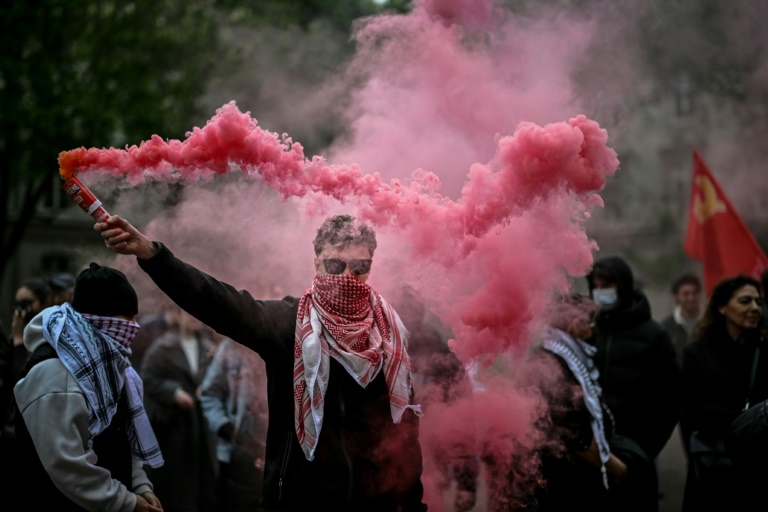Airbnb has changed the face of the rental market since it launched in 2008, making it much easier for homeowners to rent out spare rooms or entire houses. But in the years since, cities have started to notice the downside of so much housing stock turning into short-term rentals.
Activists argue Airbnbs remove affordable housing from the market. Residents complain that the influx of tourists leads to loud, late-night parties and lowers a place’s neighbourly ambience.
Disputes between hosts and renters lead tol much drama and months-long courtroom clashes.
As a result, some cities are limiting short-term rentals, and each one seemingly has a different strategy.
In the United States, New York allows rentals only if the host remains present in the unit for the entire stay.
Los Angeles adopted the Home Sharing Ordinance, a regulatory framework which requires a licence that allows rentals of primary residences for a maximum of 120 days per calendar year.
‘Weirdos wandering the corridors’: Penang bans Airbnb and other short lets
‘Weirdos wandering the corridors’: Penang bans Airbnb and other short lets
Palm Springs, a city dependent on tourism, tried to preserve its local identity in the era of Airbnb.
In 2022, the Palm Springs city council adopted an ordinance that capped the number of rental certificates in any given neighbourhood to 20 per cent of the homes.
If you live in one of 10 Palm Springs neighbourhoods (of the 66, in total) that are already over the limit, you’re trapped in permit purgatory, stuck on a waiting list for a rental licence that may take years.
Those with pre-cap licences were grandfathered in. Those count towards the cap, so most of the capped neighbourhoods were over the limit as soon as the ordinance passed.
Some, like Movie Colony East at 21.8 per cent, are just above the limit. Others, like Racquet Club Estates at 41.6 per cent, have blown through it.
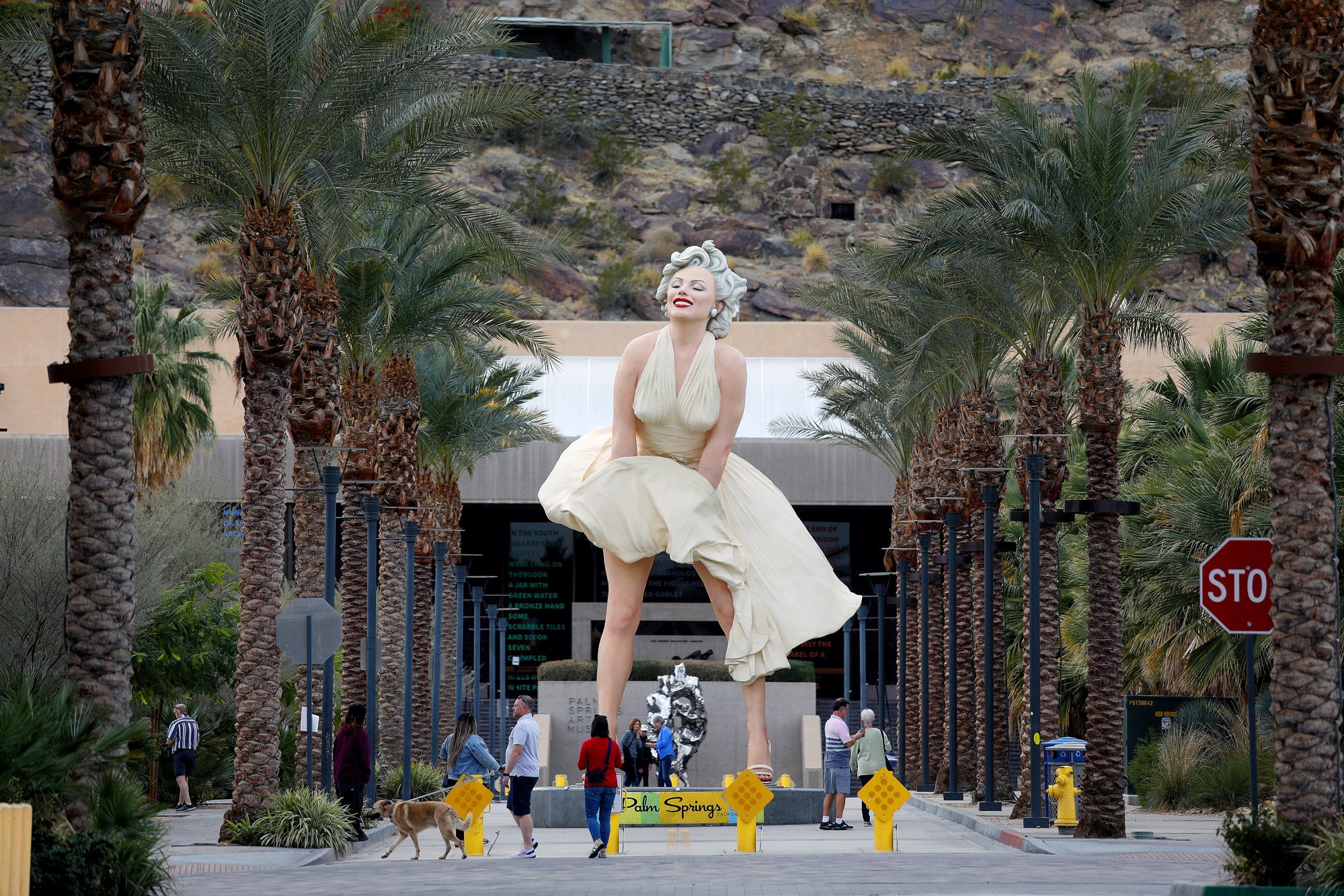
But beyond the grandfathered homes, the rules are extremely strict. If you have a licence and sell your home, the licence isn’t passed down to the buyer.
Property agent Tim Sarlund had a homeowner client who died with a rental licence. When the client’s brother took over the property and applied for the licence to be renewed, he was denied because there was technically a change in ownership, according to Sarlund.
Many Palm Springs homebuyers have bought properties specifically to list them on Airbnb, and the new ordinance is killing home values in those neighbourhoods, property agents say.
One of the things Palm Springs did wrong with this ordinance is not letting licences transfer when you sell a home
A “Stunning Mid-Century Palm Springs Oasis”, as an Airbnb listing brags, could – if sold – become an overpriced, mostly unoccupied box getting blasted by the brutal desert sun for most of the year.
Listings in these neighbourhoods carry a proverbial scarlet letter as Palm Springs becomes a city of rentable homes versus non-rentable homes.
Local property agent Michael Slate said most agents don’t even bother hosting open houses for listings in capped neighbourhoods.
“No one shows up,” he said. “Buyers are aware of the cap, and properties on the market in those neighbourhoods don’t get a lot of activity.”
Slate has one client who paid US$1.1 million for a home and spent US$300,000 on renovations. Then the cap kicked in. Now she’s not sure she’d be able to sell it for US$1 million.
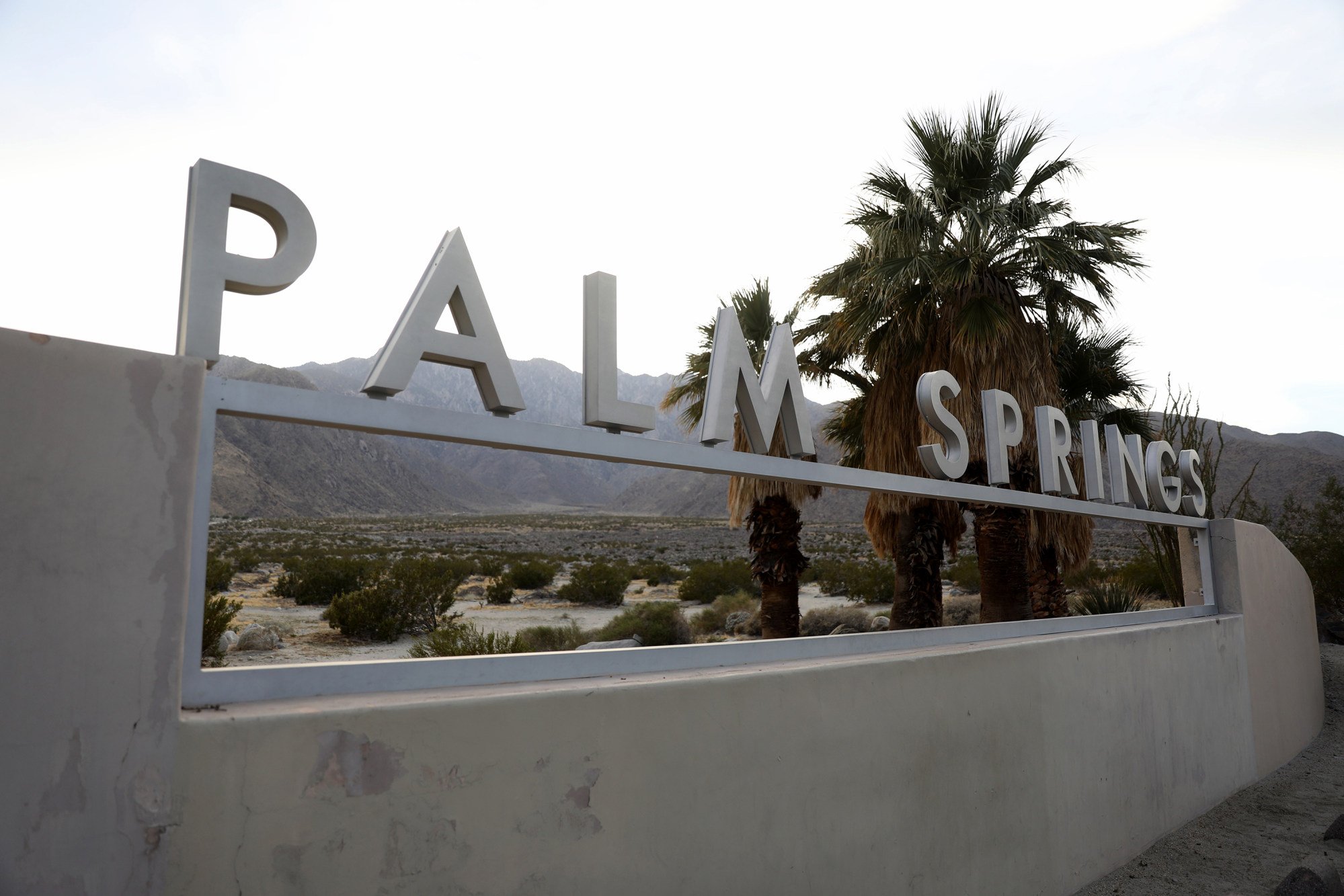
In the Gene Autry neighbourhood, one listing warns potential buyers: “Property cannot be short term rented as there is a STR permit cap in the neighbourhood.”
Resident and property agent Michael Copeland said the cap came as a surprise to many, including investors who bought homes in 2022 hoping to rent them but didn’t secure a permit before the ordinance passed.
He bought a home in the Gene Autry neighbourhood for US$1.8 million in March 2022 and quickly obtained a rental licence. The ban kicked in eight months later.
Penang’s Airbnb ban, 7 wonders in 7 days: 2023’s most read travel stories
Penang’s Airbnb ban, 7 wonders in 7 days: 2023’s most read travel stories
Now he wants to sell the home, and Gene Autry has the longest waiting list of any neighbourhood in the city, with 32 applications in limbo.
Copeland listed the home for US$1.7 million, but with no takers he slashed the price to US$1.5 million. It still hasn’t found a buyer after more than a year on the market.
“One of the things Palm Springs did wrong with this ordinance is not letting licences transfer when you sell a home,” he said.
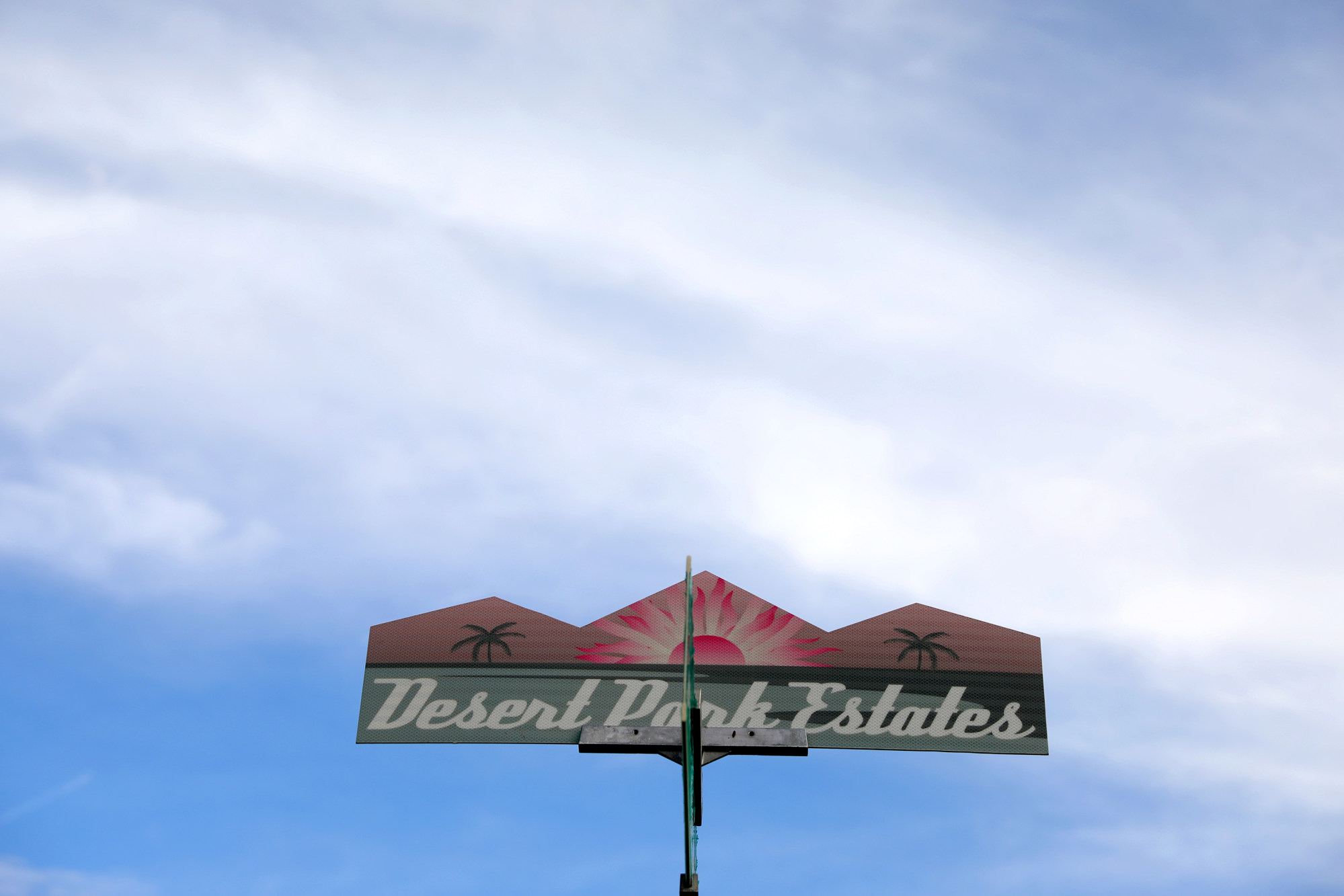
In the second half of 2022, Desert Park Estates saw 42 sales, with a median price of US$908,500, and the average home sold after 38 days on the market.
During the same period after the cap was introduced, there were only 22 sales, with a median price of US$832,500, and the average home took 74 days to sell. Half the sales, double the time.
Caps aren’t the only thing driving down prices. The market in Palm Springs – and all of southern California – is still nursing a hangover from the wild pandemic market.
Low interest rates led to record prices in the past few years, but as interest rates climbed higher and higher, home values dipped across the board.
People aren’t renting as many Airbnbs in Palm Springs these days. “Occupancy rates are dismal,” said Sarlund, who runs a small short-term rental business and is a property agent. “Even people with rental licences aren’t getting as many contracts as they used to.”
Dealing with the influx of rentals has been a priority for the city and its residents for years. Of the 35,127 residential units in Palm Springs, 2,813 are registered as holiday rentals – roughly 8 per cent, according to city data.
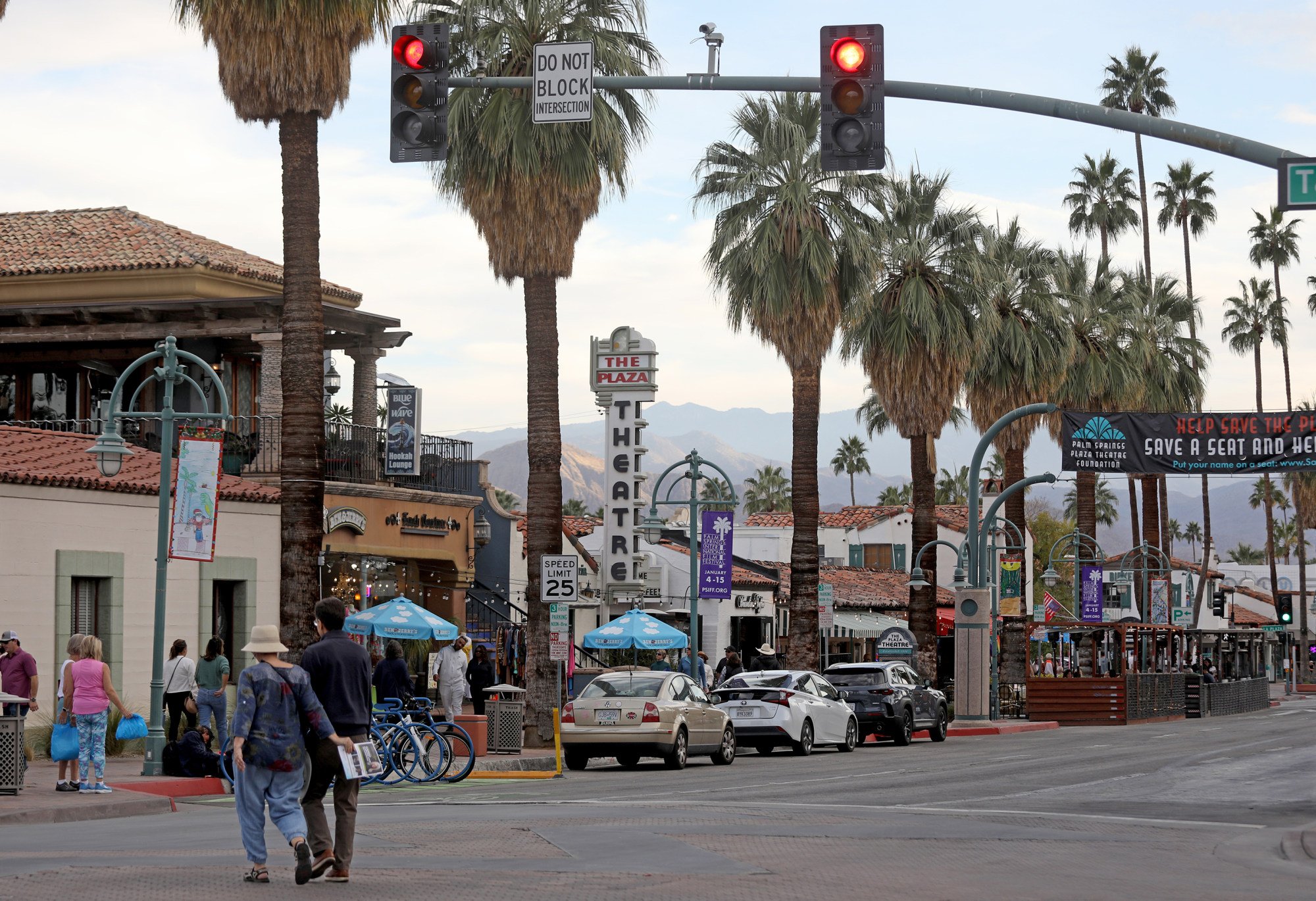
The city has been more lax than others on short-term rentals. Elsewhere in California a handful of Coachella Valley cities such La Quinta, Cathedral City and Indian Wells have more or less banned new short-term rental permits entirely, with a few exceptions.
In 2018, 68 per cent of Palm Springs residents decisively rejected a short-term rental ban.
Since then, two sides have formed: investors and part-time owners who support rentals and believe tourism is vital to the economy; and locals and long-term homeowners who wish to curb rentals to preserve the local charm.
“I want to know my neighbours. I want stability, not a new group of people coming into the house next door every weekend,” said Palm Springs resident Mary Simon. She owns a home in a capped neighbourhood but doesn’t mind because she has no plans to sell.
Never mind Santorini – 5 new places to stay in Greece away from the crowds
Never mind Santorini – 5 new places to stay in Greece away from the crowds
There have been small movements to try to persuade the city council to overturn the cap, but most locals have accepted the new way of life either happily or grudgingly, Copeland said.
As a compromise, the city has introduced a junior holiday rental certificate that anyone can apply for, whether they live in a capped neighbourhood or not. It costs US$642 and allows homeowners to rent out a property six times per year.
So homeowners could technically rent their homes six times for up to 28 days each time – the maximum that Palm Springs considers a short-term stay – but with occupancy rates down overall, it’s tough to get a renter to book for more than a weekend, much less a month.
In the meantime, homeowners in capped communities are watching their home values fall.





